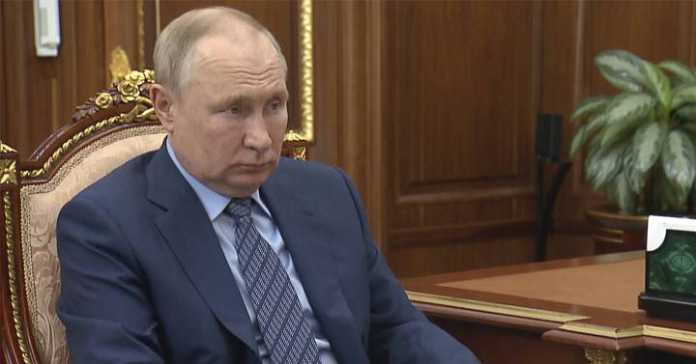The concern is that catering to the country’s demand will invite consumer boycotts elsewhere, however ineffective they may be in stopping the conflict.
There is no way back. According to a Russian superstition, turning back to pick up forgotten items brings bad luck. A similar omen hangs over Western companies hoping to one day return. Russia’s $1.5 trillion economy will soon be a shadow of its former self.
For Western brands, today’s Russia is toxic. Inditex, owner of Zara, with a market capitalization of 73,000 million dollars, and Adidas, with 33,000 million dollars, have closed down. After 30 years, McDonald’s has sold its last hamburger in Russia. Food giants like Danone, valued at $36 billion, and Nestle, at $307 billion, have halted their investments. The concern is that catering to Russian demand will invite consumer boycotts elsewhere, however ineffective those boycotts may be in stopping the conflict.
It looks increasingly likely that the Ukraine war will drag on for years, as will formal sanctions. Over time, however, the risk of upsetting Western consumers for doing business in Russia will dissipate. There is no doubt that Moscow will strive to attract foreign investment again, following its economic openness after the collapse of the Soviet Union in 1991.
However, persistent trade restrictions make the economic reality very different. Russia’s central bank acknowledges that the sanctions, as well as the fall in imports and investment, will disrupt local supply chains, so prices and unemployment will rise. The economy will adapt, but it will come out with a different structure, with lower growth and more basic methods and products. For example, the new “sanctions-proof” Lada Granta from car giant Avtovaz, which until last month was a subsidiary of Renault, is devoid of features that were previously standard, such as anti-lock brakes or GPS navigation.
With manufacturing struggling, agriculture will account for a larger share of production and employment. But without external supplements or additives, processed foods can lack flavor or texture. The reduction of mechanization will also decrease the efficiency of farmers. In a sad example, a Kaliningrad car factory allocated vegetables to support staff.
Anything remotely high-tech is especially problematic. Western bans on microchip exports thwart Moscow’s plans for electric vehicle production unless it can bypass foreign processors. The same is true of e-commerce and food distribution, which until recently were the most dynamic and fastest growing sectors of its economy. the lending institution Sberbank it has to develop its own cloud computing offering. And talented young Russian programmers are leaving en masse.
Politics is another damn part of the equation. President Vladimir Putin’s war in Ukraine has unleashed deep-seated nationalism and anti-Western sentiment, fueled by relentless state propaganda. The risk of further international aggression, and greater isolation, will remain latent.













